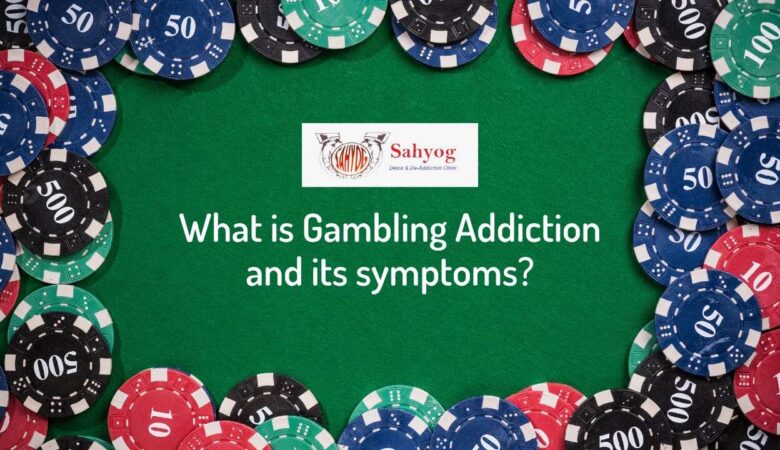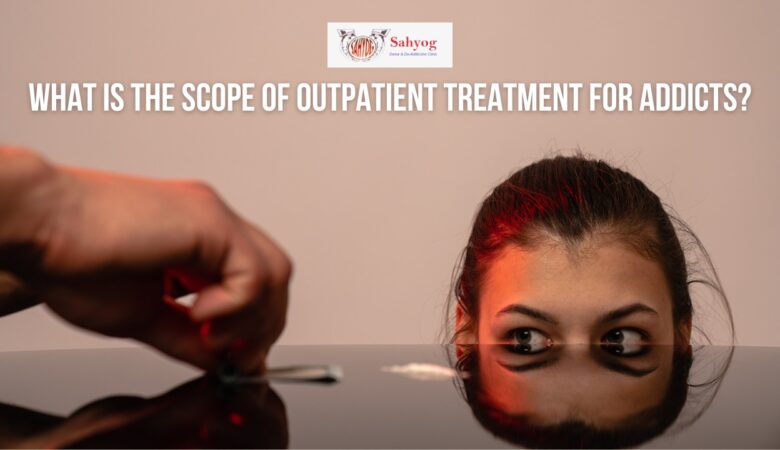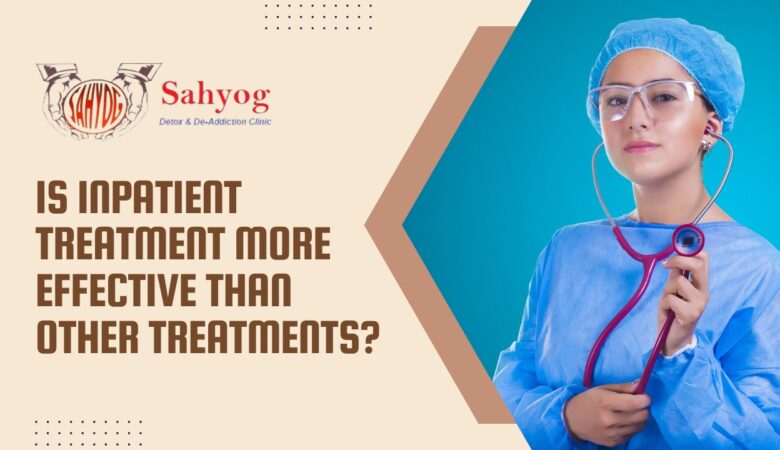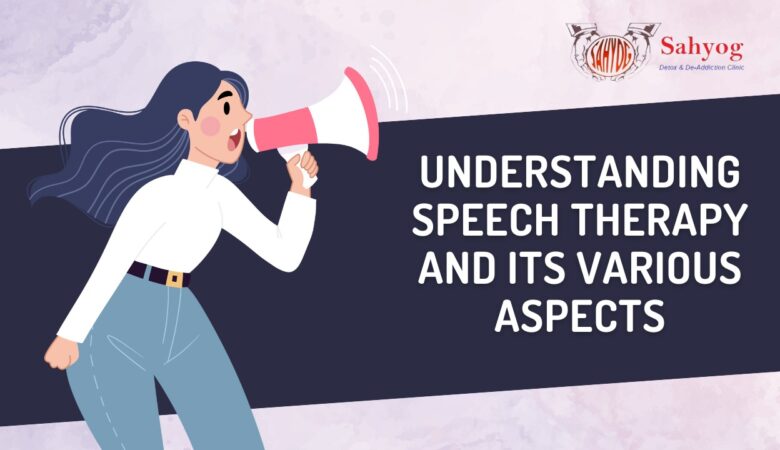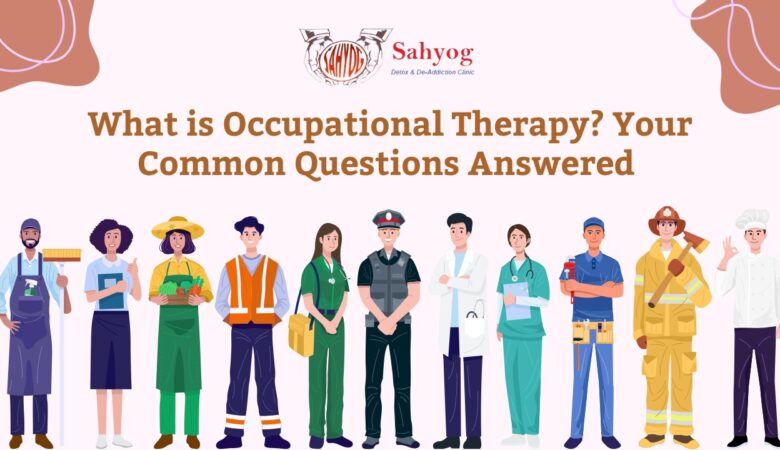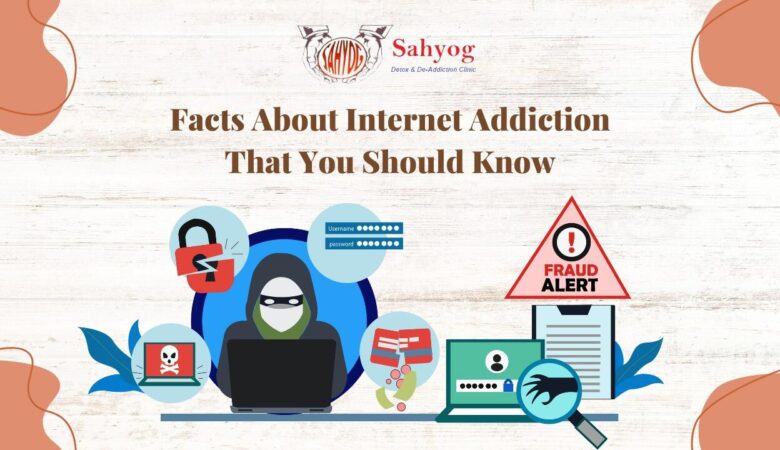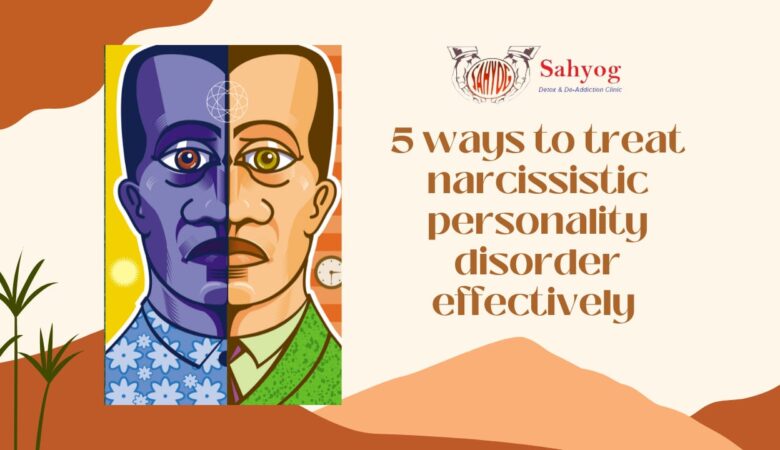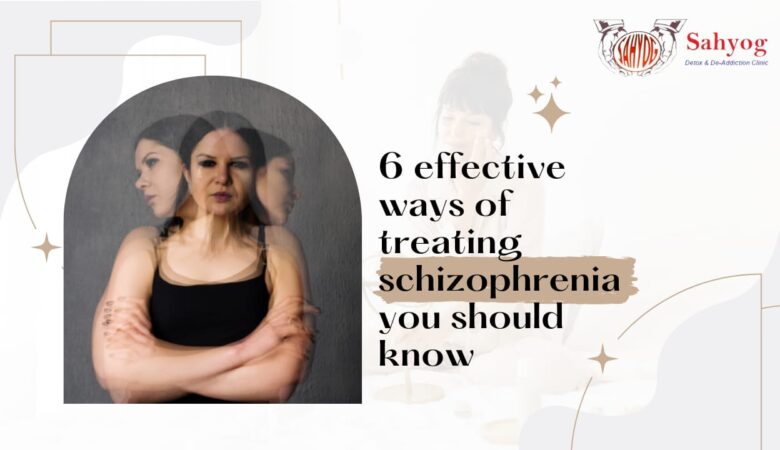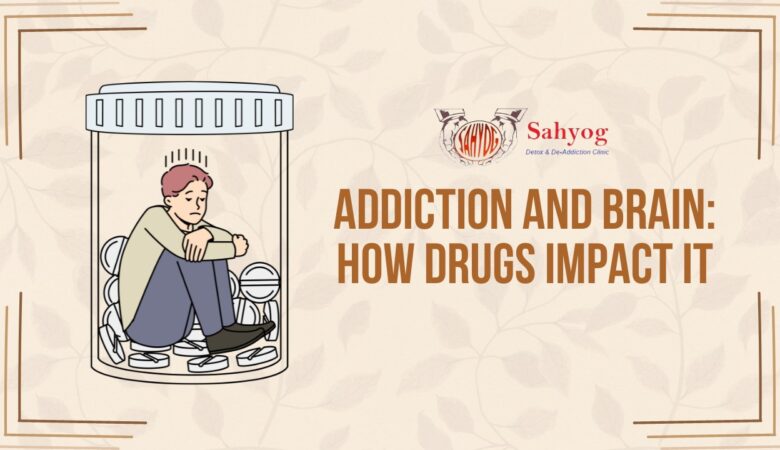What is Gambling Addiction and its symptoms?
Introduction Gambling addiction is a very serious mental health disorder problem that affects people in millions worldwide. It can ruin lives, families, and careers. Gambling addiction is serious. It can lead to financial problems, job loss, family problems, and even suicide. If you or someone you know has a serious gambling problem, get help and contact a professional as soon as possible. This blog post will explore what gambling addiction is, its symptoms, and how to get treatment. What is Gambling Addiction? Gambling addiction is a serious mental health disorder. It can prove to have dangerous and devastating consequences if left untreated. Gamblers may experience financial ruin, relationship problems, employment difficulties, and legal issues as a result of their gambling addiction. It is also known as compulsive gambling, problem gambling, or gambling disorder. It’s an impulse-control disorder. That means that people with this disorder can’t resist the urge to gamble, even when they know it’s harmful. Gambling addiction is different from casual gambling. With casual gambling, you might spend an evening at the casino or buy a lottery ticket now and then. But you don’t feel the need to gamble all the time and stop when you want to. People with this addiction often can’t stop, even when they want to, and feel that they need to gamble all the time. They may lie to family and friends about how much they’re gambling. And they may miss work or school to gamble. The Symptoms include preoccupation with gambling, chasing losses, hiding gambling activities from others, lying about gambling habits, and borrowing money to gamble. Individuals with this addiction may also neglect their appearance and hygiene, as well as miss work or school. Causes of Gambling Addiction It is caused by a combination of psychological, social, and biological factors. People with a gambling addiction may have a genetic predisposition to developing the disorder. They may also have problems with impulsivity and self-control, which can lead to excessive gambling. Additionally, people with a addictive gambling behaviour may engage in risky behaviours, such as spending more money than they can afford to lose, to get a rush from the potential winnings. Social factors can also contribute to to addiction. For example, peer pressure or peer influence can lead people to gamble even if they don’t want to. Additionally, the availability of opportunities to gamble (such as casinos or online betting) can increase the chances that someone will develop a gambling problem. Biological factors may also play a role in this addiction. For example, people with certain brain abnormalities or chemical imbalances may be more likely to develop a addictive gambling nature. Additionally, people who have relatives with this addiction are more likely to develop the disorder themselves. Symptoms of Gambling Addiction There are many symptoms of gambling addiction, and they vary from person to person. However, some common signs can indicate a gambling problem, such as: Preoccupation with gambling: Thinking about gambling all the time or feeling the need to gamble more and more to achieve the same buzz. Losing control: Struggling to stick to set limits on time or money spent on gambling. Chasing losses: Continually trying to win back money that has been lost, often by increasing bets or spending more money. Neglecting responsibilities: Work, family or other commitments start to suffer as a result of gambling. Secretive behaviour: Trying to keep gambling activities hidden from others, often out of shame or fear of judgement. If you are experiencing any of these symptoms, it is important to seek help from a professional treatment provider who can offer support and guidance in overcoming your addiction. What are the Consequences? Gambling addiction can have several negative consequences, both for the individual and for those around them. Individuals who suffer from this addiction often find that their relationships suffer as a result. The addict may lie to or steal from their loved ones to finance their habit, and they may become increasingly isolated as their addiction takes over their life. The financial consequences of gambling addiction can be devastating. Addicts may rack up large amounts of debt, and they may even lose their homes or jobs as a result of their gambling. Gambling addiction can also lead to mental health problems such as anxiety, depression, and suicidal thoughts. In very rare and extreme cases, gambling addiction may even lead to death. If you find yourself or someone you know suffering from this addiction, seek help as soon as possible and contact a specialist immediately. There are several resources available to those struggling with this disorder, and with treatment, it is possible to overcome it and live a healthy, happy life. Can Gambling Addiction be treated? Yes, gambling addiction can be treated. Many different types of gambling treatments are available, and the most effective one depends on the individual being treated. Treatment typically includes some combination of individual and group therapy, medication, and self-help groups like Gamblers Anonymous. Some common methods of treatment include: Cognitive Behavioural Therapy: Cognitive behavioural therapy (CBT) is a form of psychological treatment that has been proven to be effective for a range of problems, including anxiety, depression, addiction and others. Cognitive therapy leads to significant improvements in quality of life and functioning. Medications: Several different medications are effective in treating gambling addiction. These include antidepressants, anti-anxiety medications, and mood stabilisers. Self-Help Groups: Self-help groups like Gamblers Anonymous can provide support and accountability for people trying to overcome gambling addiction. These groups typically meet every week and involve sharing personal stories and experiences, as well as providing advice and support to others. Family Therapy: Family therapy can be an important part of treatment for gambling addiction, as it can help to address any underlying family issues that may be contributing to the problem. This type of therapy typically involves meeting with a therapist weekly to discuss family dynamics and how to improve them. Group Therapy: Group therapy is another effective treatment for gambling addiction. This type of therapy typically involves meeting
